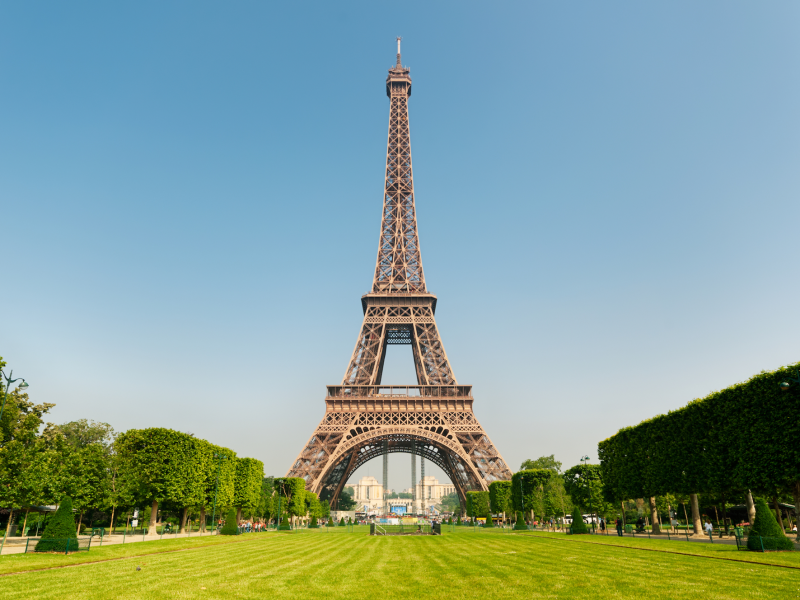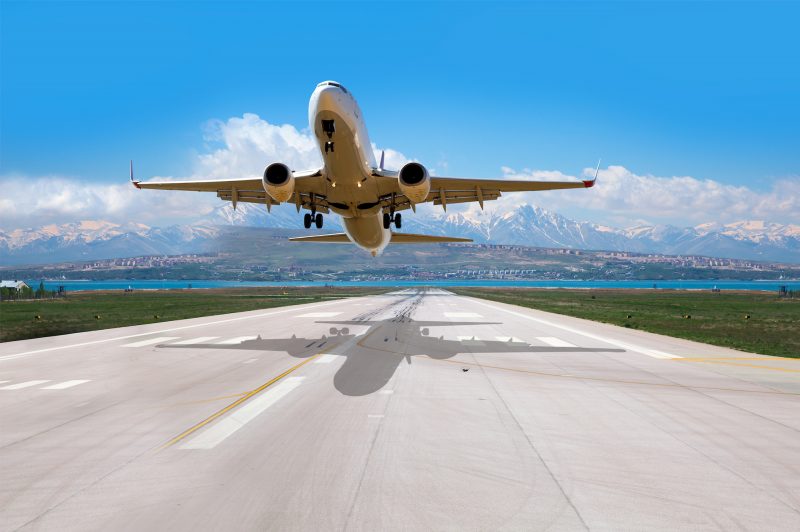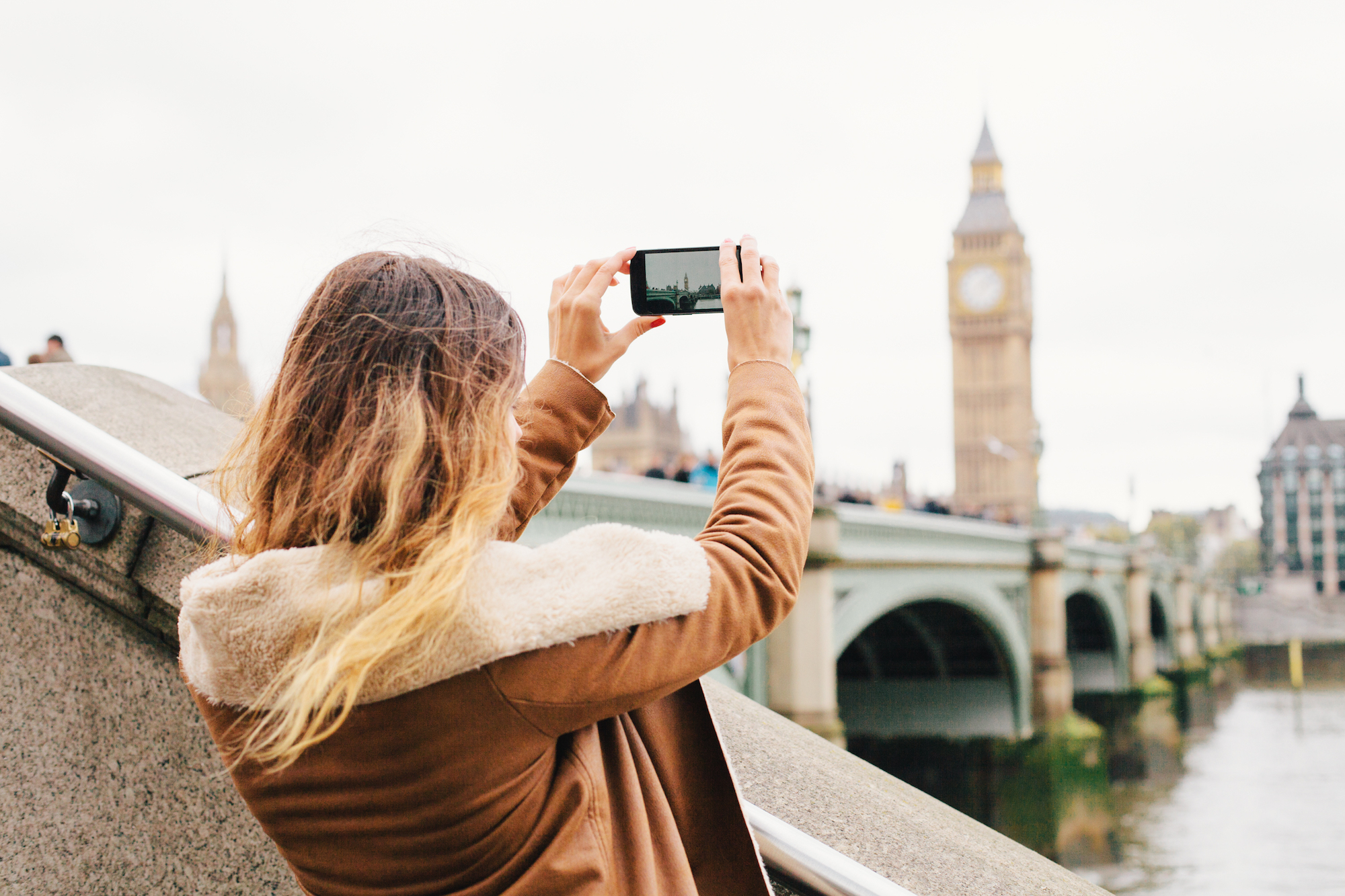- Though you may not realize it, some aspects of your traveling routine might be making you less safe.
- Bringing tons of cash, for example, can increase your chances of being robbed or losing money.
- Posting about your trip on social media can also be risky, as it can inform strangers of your location.
- Visit INSIDER’s homepage for more stories.
Many people take certain measures when they travel that they may believe make them safer.
Some of these travel habits, however, could be doing the opposite. For example, bringing tons of cash could increase your chances of being robbed, and sharing vacation photos on social media might let people find your location too easily.
Here are a few things you think might be keeping you safe on your travels that you could be wrong about.
Flying in a larger plane isn’t necessarily safer than a smaller plane, according to some aviation experts.

Many people think they may be safer when traveling on larger planes, but experts say this isn’t necessarily the case.
"Many travelers believe large commercial planes are safer than smaller planes, when in actuality, air safety depends on many other factors such as maintenance compliance, type of aircraft, the weather and the pilot flying the plane," says Charles "Chick" Gregg, the owner of boutique airline Air Unlimited.
"Traveling in a large plane doesn't automatically make you safer, so choosing a small airline with great perks and staff could provide you with the safety and comfort you seek - in addition to a better overall experience. This means travelers should look outside a plane's size to determine the safest air carrier that meets their personal trip needs."
Some people give themselves away as tourists by what they wear or carry.

Those passport holders that you wear around your neck may seem convenient, but they can make you stand out as a tourist and can easily be snipped or ripped off. The same goes for backpacks.
"Backpacks, they're incredibly practical and make traveling a breeze, however, they also may mark you as a tourist. They're also easy to reach into unnoticed an steal from when you're on a busy street or public transportation. This also goes for putting anything valuable in your back pocket," says Ali Andino, an expert at travel company Scott Dunn.
Carrying a map is another giveaway.
"People think carrying a map with them helps so they don't get lost, but when someone is wrestling with a map in the middle of the street, they very much give away that they are probably a tourist, and can be targeted by pickpockets and the like," says Kendra Guild, Director of Product and Operations for SmarTours.
Instead, consider downloading maps to an app on your phone to play it safe.
Only traveling to touristy areas or destinations isn't always a safe bet.

Often, less popular destinations are dubbed unsafe or too dangerous and travelers think that as long as they go to well-known places like Paris or Barcelona, they will be safe because they are full of people.
"I personally think that there is more crime in more touristy places than quieter local ones because criminals know where to find tourists and crowded areas rise an bigger chance to for something bad to happen," says Sahara Rose of Sahara Rose Travels, LLC, and founder of The Travel Coach Network.
Bringing too much cash to avoid credit card theft might put you at risk.

Credit card and identity theft is on the rise more than ever now, so many people think that they can avoid having their details stolen while abroad by bringing more cash.
But this may not always the smartest strategy.
"I personally believe that the more cash you have on you, the greater the chance you have [of] getting robbed, having it stolen, or having too much anxiety worrying about your money on you," says Rose.
Traveling to English-speaking countries only probably won't make you any safer.

Many people feel that if they can't communicate with people on their travels, they probably won't be very safe.
But experts say this isn't necessarily the case.
"This could not be further from the truth," says Rose. "Some of my favorite destinations are in Asia and South America, both regions of the world where English is NOT their first language. I found that English-speaking destinations like in the US, Australia, Canada, and England can have higher crime rates and run more of a safety risk for travelers than places like Indonesia, Colombia, the Philippines, or Chile," says Rose.
Read more: 8 warning signs you're about to visit a tourist trap
Using your shirt or knuckles to open doors or press buttons to protect yourself from germs in hotels is likely not doing much.

No one wants to get sick, and there's always reports saying everything from public bathrooms to hotel rooms are hotbeds of germs. But in trying to protect yourself, you could be making things worse - especially if you're using your clothes to touch surfaces instead.
"The germs are then just transferred to those places so it's best to use a paper towel or tissue," says travel expert Johnny Jet of JohnnyJet.com.
Visiting state department websites

Many travelers check with government websites to see if there are travel warnings in the countries that they plan on visiting.
"While this may be a first step at prudency for safe travel tips, it doesn't always mean this information is current and up to date. Oftentimes, these sites don't explain why the destination is listed as a warning to travelers," says Stefanie Michaels of AdventureGirl.com. "I always say do your research if you think that you aren't getting enough information from one website."
That means checking with local papers, reaching out via social media to get a resident's take, and contacting the airline to see if there have been any issues such as flight diversions due to turmoil.
That said, it's worth paying attention to serious travel advisories from the government, which you can check here.
Sharing posts on social media could let people find your location too easily.

Oversharing your location on social media, especially when traveling alone, could put your safety in jeopardy.
"People might think it's best to let all their friends know where they are staying through social media, but it's easy for strangers to search for geographic locations through social media," says Guild.
- Read more:
- 20 horrible things passengers have done while flying
- The riskiest vacation hot spots in the Caribbean, ranked
- Disappointing photos show what 13 famous views around the world look like in real life
- 18 horrifying stories about airplane turbulence that prove the bumps on your last flight were a breeze
